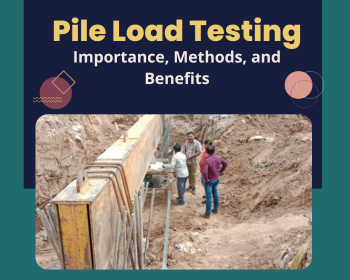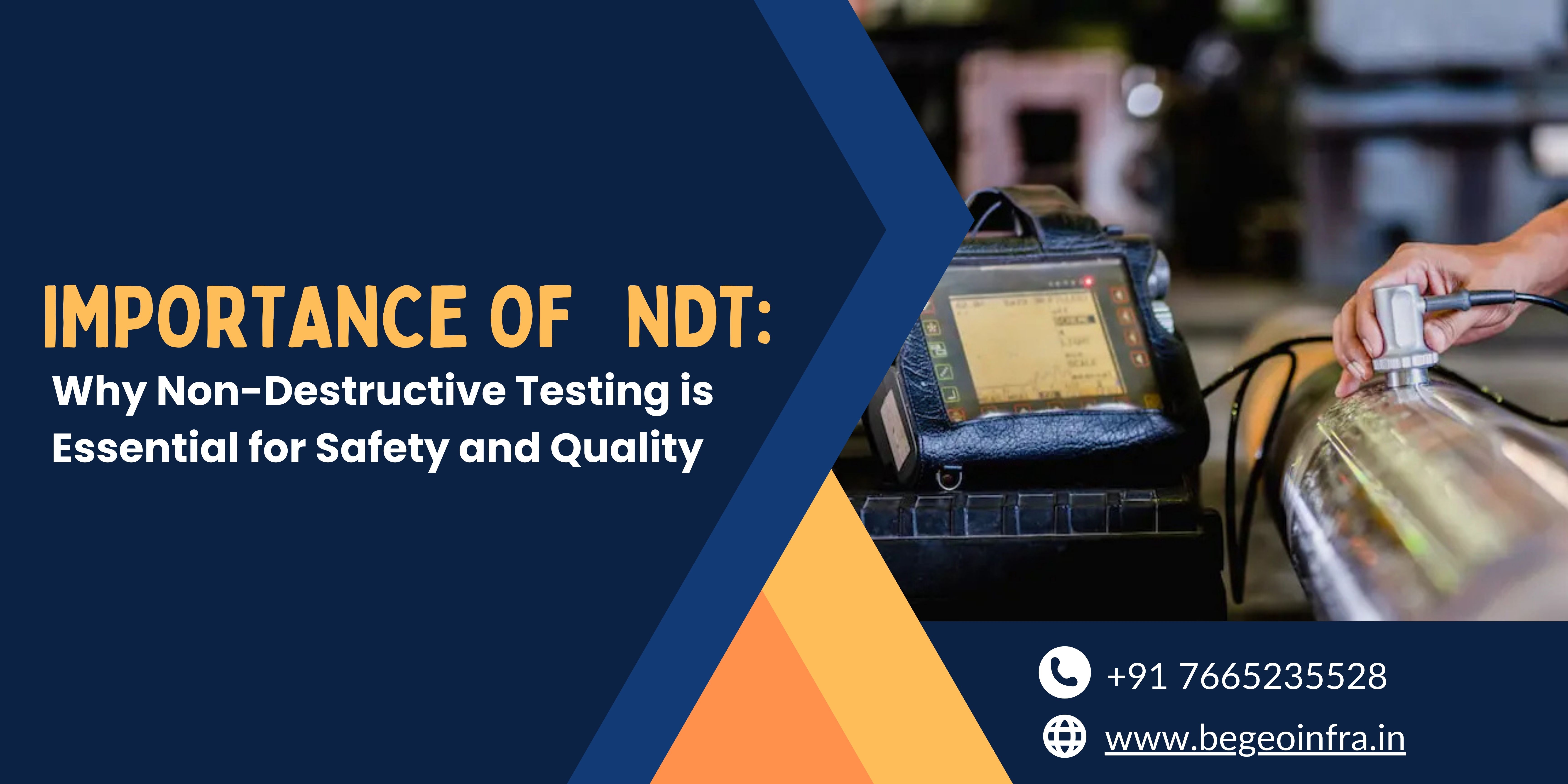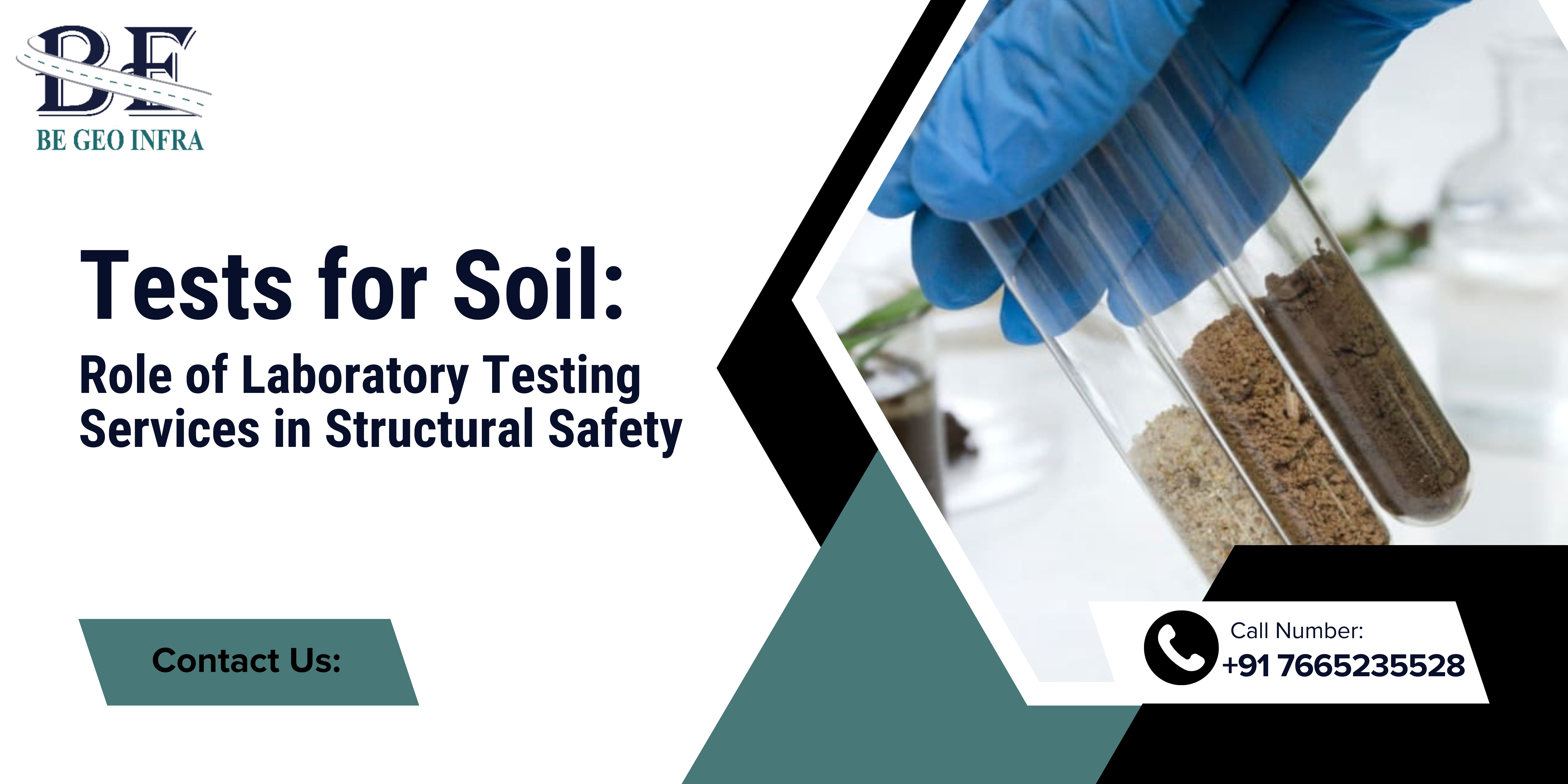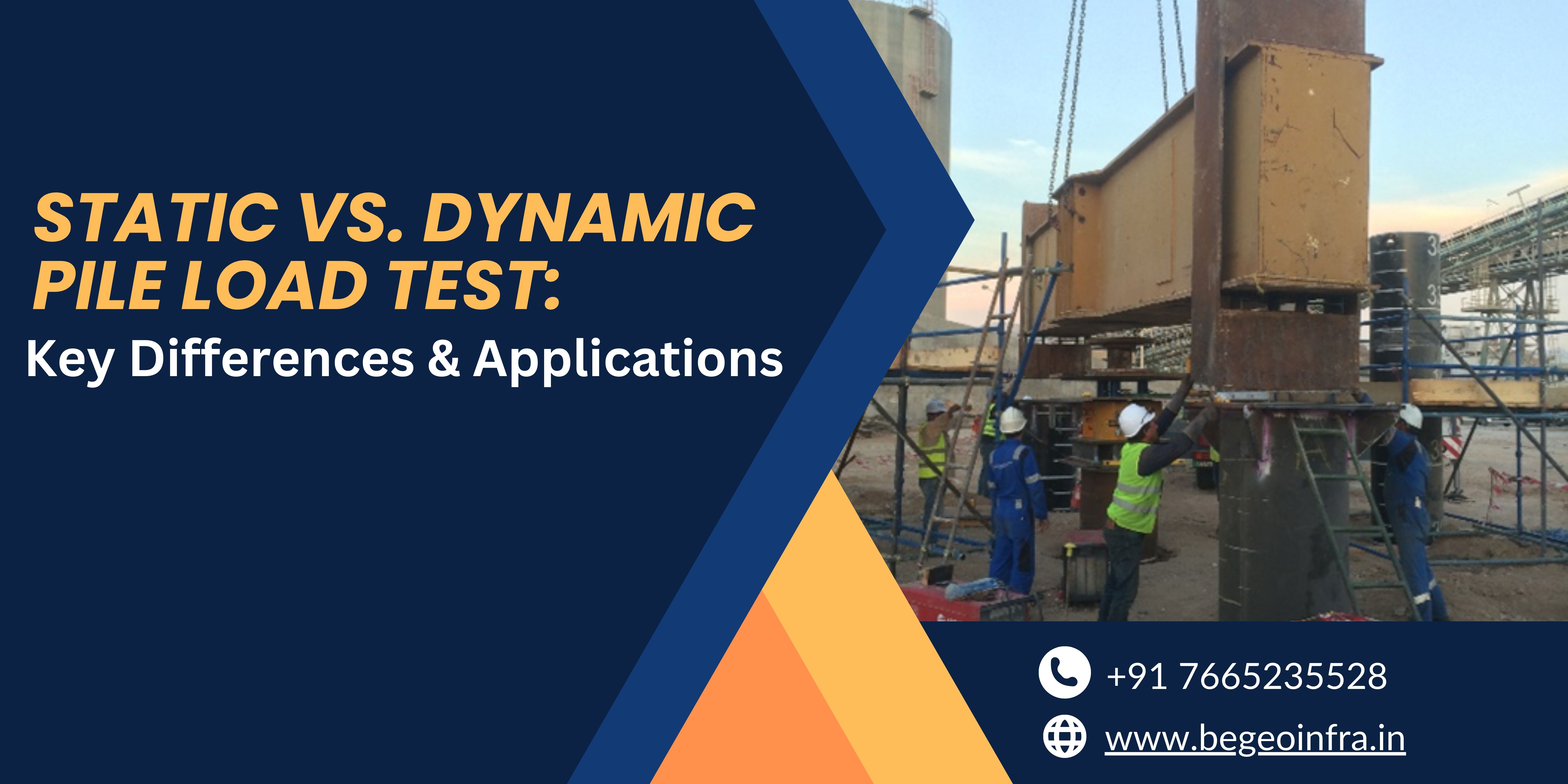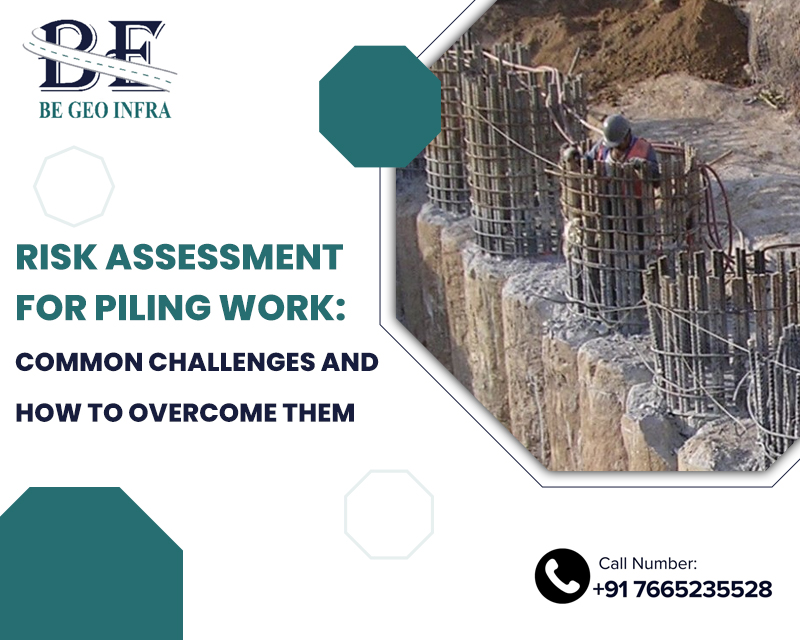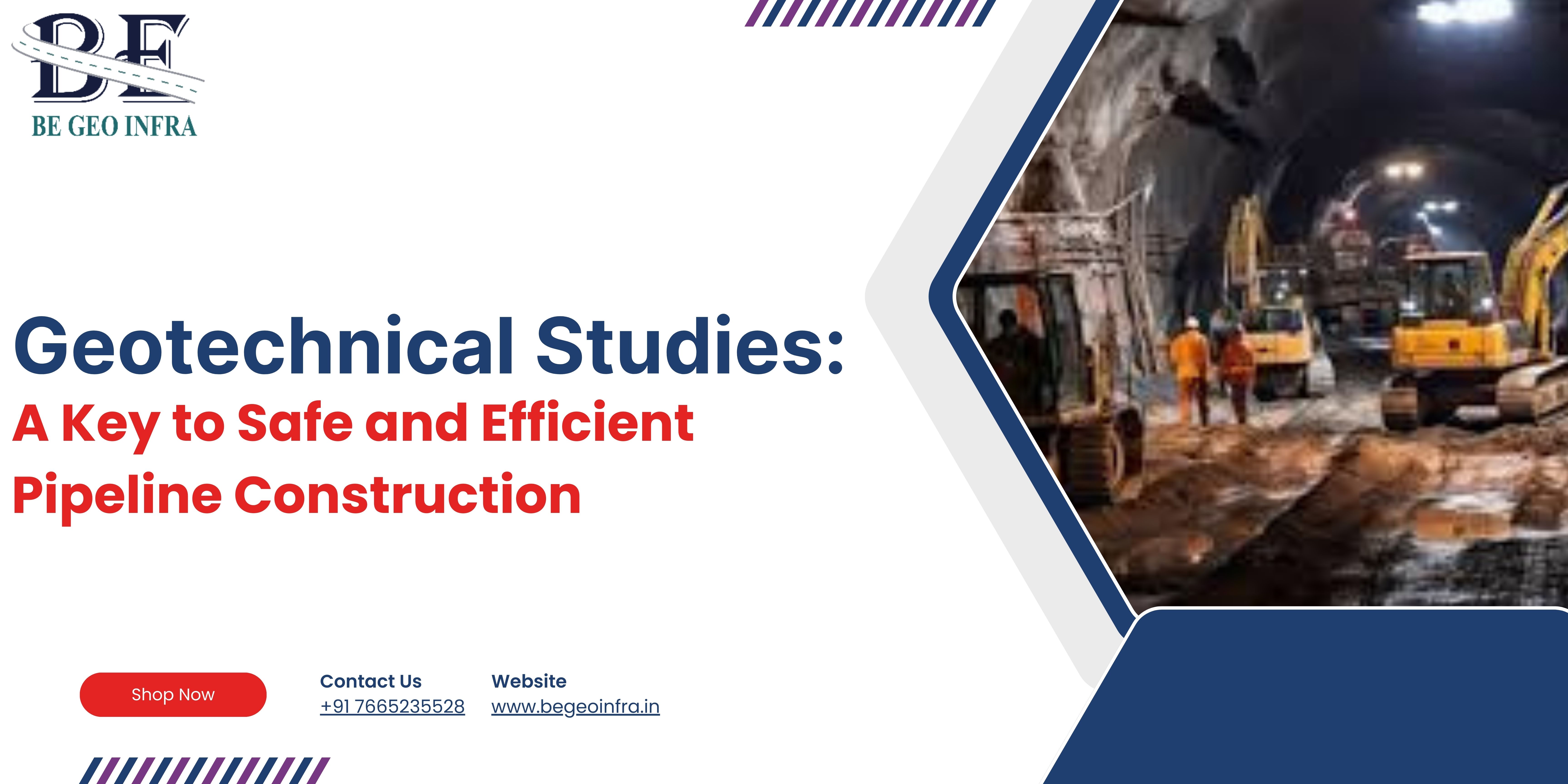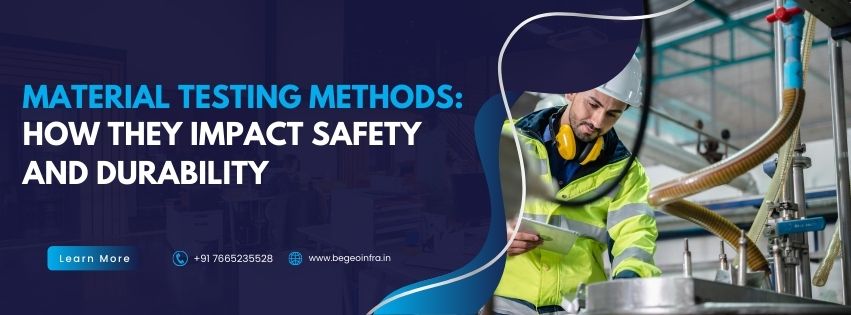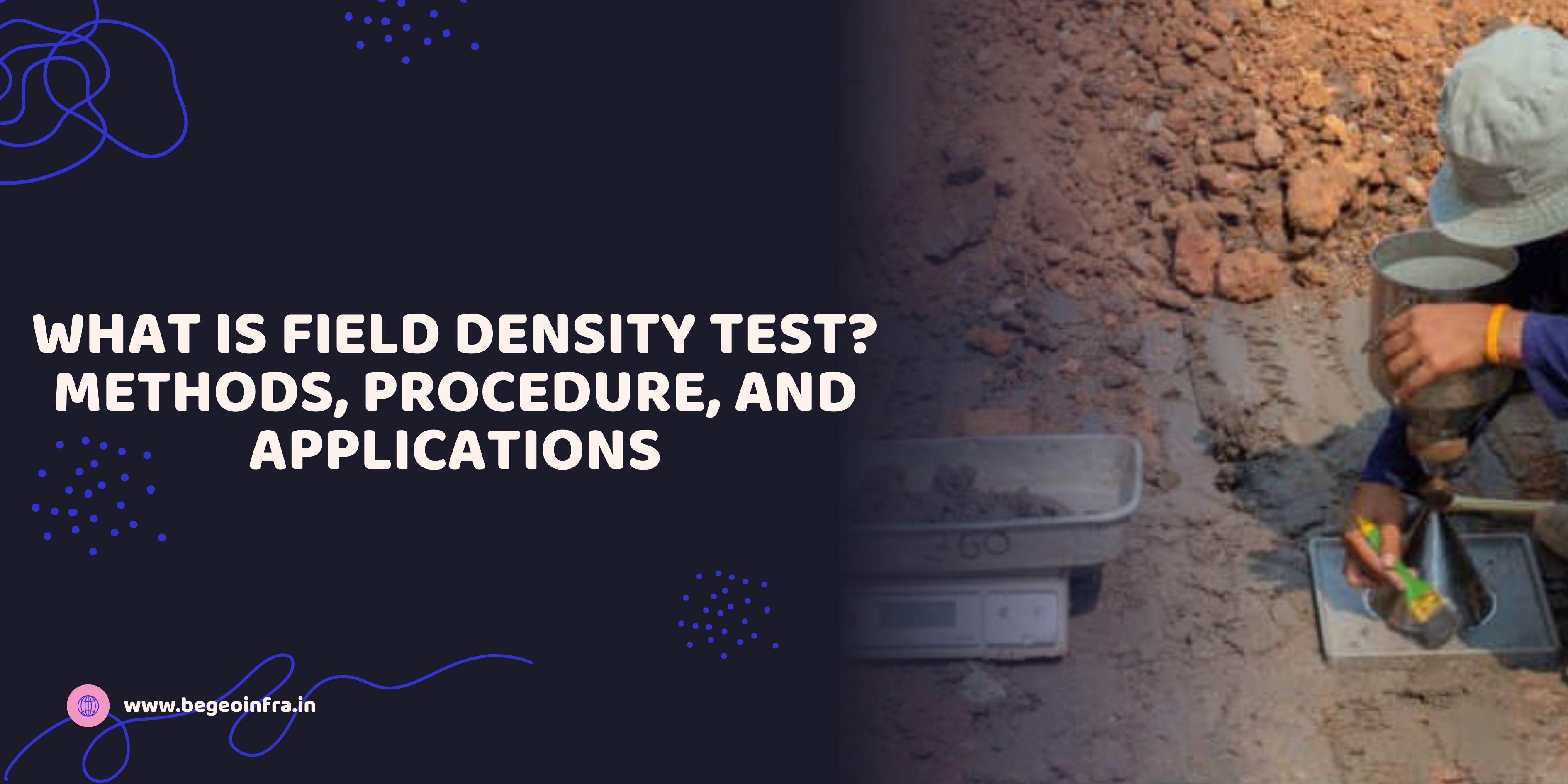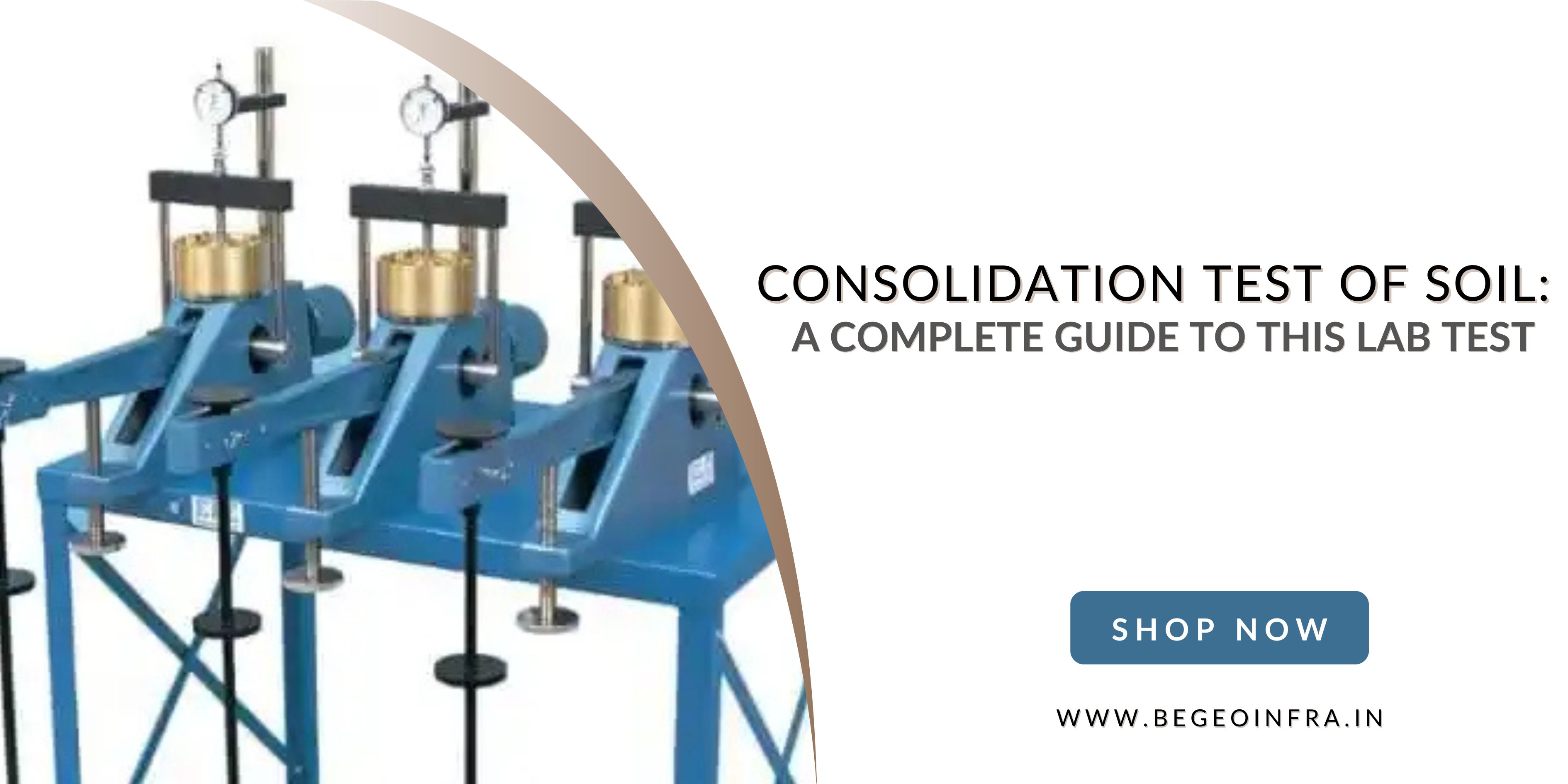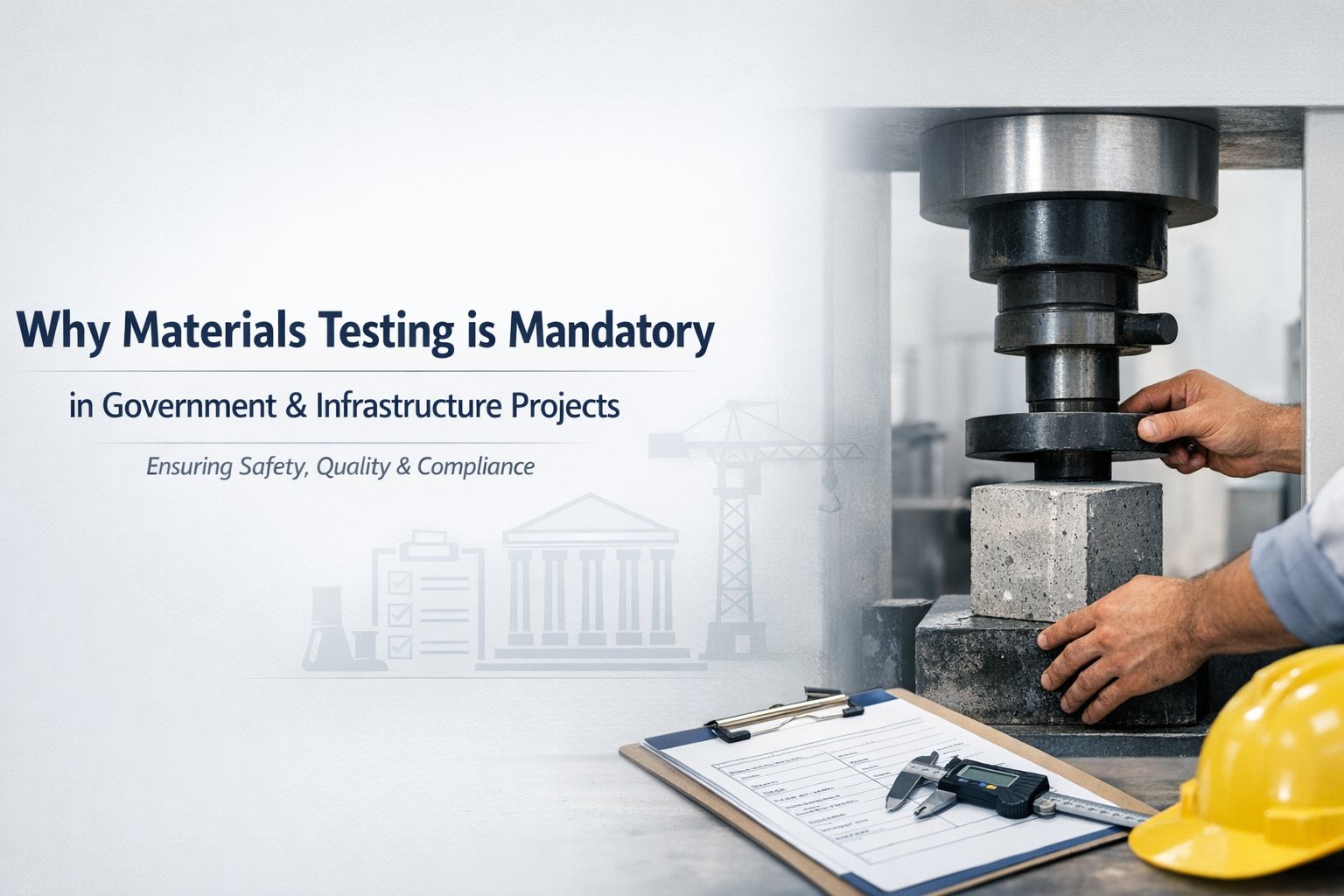January 24, 2025
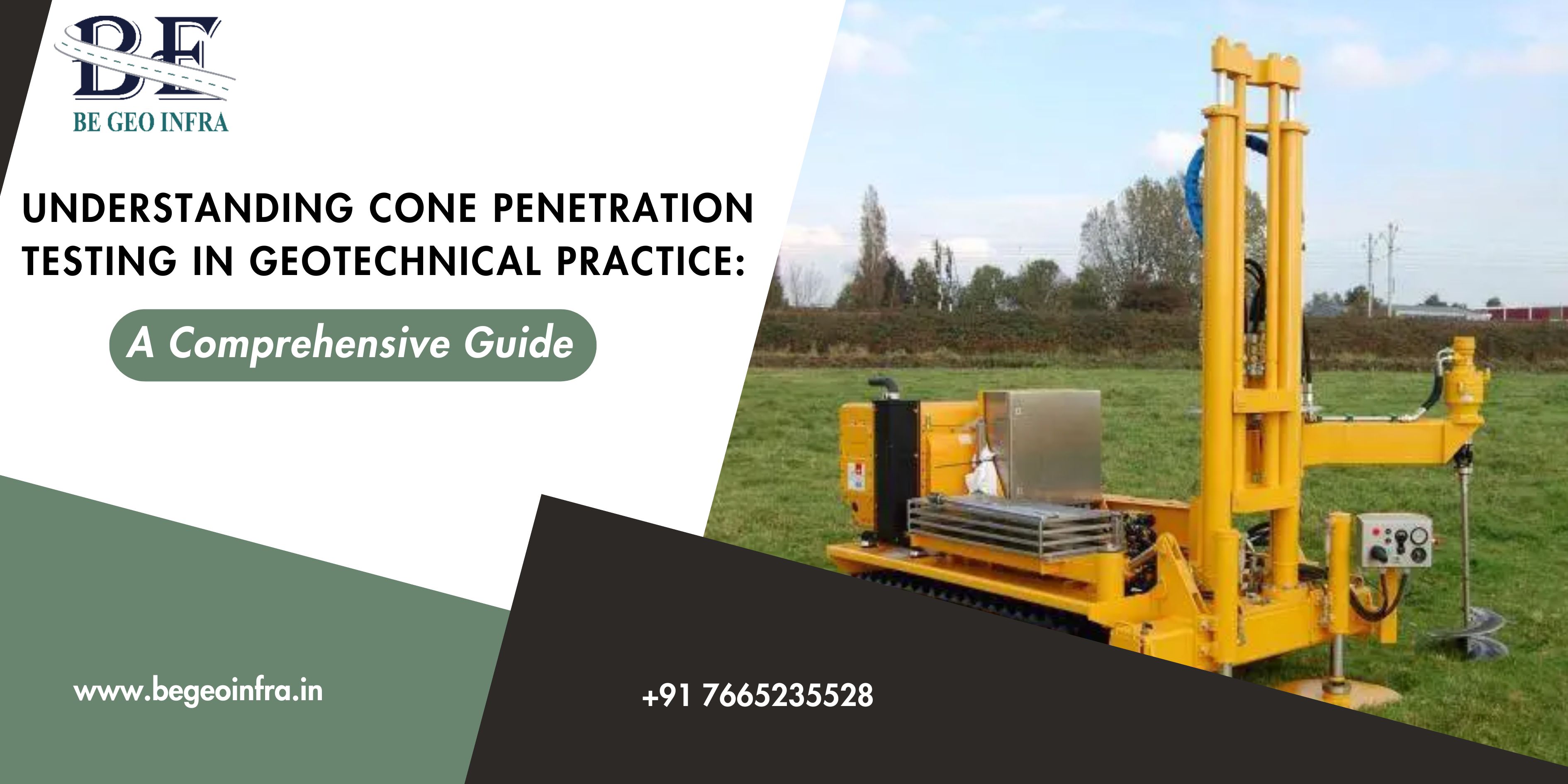
Understanding Cone Penetration Testing in Geotechnical Practice: A Comprehensive Guide
Cone Penetration Testing (CPT) is a widely used in-situ testing method in geotechnical engineering for assessing soil properties. This method is highly effective for soil investigation and foundation design, providing accurate data about the subsurface conditions. In this guide, we will explore the importance of CPT, its working principle, and its role in geotechnical practice.
What is Cone Penetration Testing (CPT)?
Cone Penetration Testing (CPT) is an in-situ testing technique used to determine the geotechnical properties of soil. It involves pushing a cone-shaped probe into the ground at a constant rate while recording resistance and friction parameters. This method helps engineers evaluate soil strength, stiffness, and stratigraphy without requiring extensive drilling or excavation.
Importance of CPT in Geotechnical Engineering
CPT is a crucial tool in geotechnical engineering for assessing subsurface conditions. The collected data helps engineers design stable foundations, analyze soil behavior, and mitigate potential risks. Key benefits of CPT include:
-
Accurate Soil Characterization: Provides detailed insights into soil layers and properties.
-
Time and Cost Efficiency: Faster and more economical compared to traditional drilling methods.
-
Minimal Disturbance: Causes less disruption to the soil structure.
-
Real-Time Data Collection: Offers instant and reliable results for on-site decision-making.
How Does Cone Penetration Testing Work?
The CPT process involves the following steps:
-
Preparation: The testing site is selected, and necessary equipment is set up.
-
Insertion of the Cone: A steel cone with sensors is pushed into the ground at a standard penetration rate (usually 2 cm/s).
-
Data Collection: The sensors measure cone resistance, sleeve friction, and pore water pressure.
-
Data Interpretation: The recorded values are analyzed to determine soil characteristics, including strength, density, and composition.
Applications of Cone Penetration Testing
CPT is extensively used in various geotechnical applications, including:
-
Soil Investigation: Identifying soil layers and their properties.
-
Foundation Design: Ensuring the stability of structures based on soil conditions.
-
Liquefaction Assessment: Evaluating soil susceptibility to seismic events.
-
Environmental Studies: Detecting contaminants in the subsurface.
Key Soil Properties Determined by CPT
CPT provides valuable information about several soil properties, such as:
-
Shear Strength: Helps in assessing load-bearing capacity.
-
Soil Density: Determines the compaction level of the soil.
-
Pore Water Pressure: Indicates groundwater conditions.
-
Soil Type Classification: Differentiates between clay, silt, sand, and gravel.
Comparison with Other In-Situ Testing Methods
CPT is often compared to other in-situ soil testing methods like Standard Penetration Testing (SPT) and Borehole Testing. While SPT involves hammer-driven sampling, CPT offers continuous and more reliable data. CPT is preferred for detailed soil profiling, whereas SPT is more suitable for specific soil sampling.
Advantages of CPT Over Traditional Methods
-
Higher Accuracy: Provides more precise measurements.
-
Less Manual Effort: Automated data collection reduces human error.
-
Faster Results: No need for sample extraction and laboratory analysis.
-
Better Depth Profiling: Offers continuous data for deeper soil layers.
Role of CPT in Foundation Design
Foundation design heavily depends on soil conditions, making CPT an essential tool for engineers. CPT helps in:
-
Selecting Suitable Foundation Types: Identifies whether shallow or deep foundations are required.
-
Assessing Bearing Capacity: Determines the load the soil can support.
-
Predicting Settlement: Estimates potential ground movement under a structure.
Challenges and Limitations of CPT
Despite its numerous advantages, CPT has some limitations:
-
Unsuitable for Hard Soils: Cannot penetrate dense rock or gravel layers easily.
-
High Initial Cost: Equipment and setup can be expensive.
-
Requires Skilled Interpretation: Data analysis needs expert geotechnical knowledge.
Conclusion
Cone Penetration Testing (CPT) is a vital method in geotechnical engineering, offering reliable soil investigation and foundation design insights. Its accuracy, efficiency, and real-time data capabilities make it an essential tool for engineers and construction professionals. By understanding CPT, geotechnical experts can ensure safer and more efficient construction projects.
For expert geotechnical services, BeGeo Infra provides state-of-the-art CPT solutions to help you make informed decisions for your construction and engineering projects.

Need help? Call us Today at+91 7665235528
for inquiries and support. We’re here to assist you.



